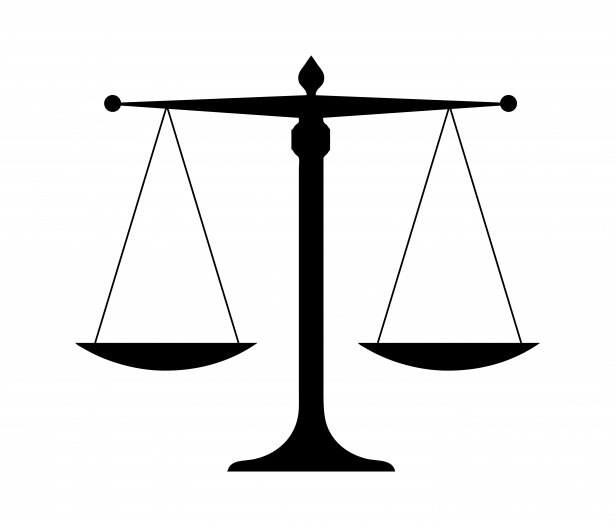Eldwick Law’s team comment on Modern Slavery law.
Section 45 of the Modern Slavery Act 2015 provides a defence to specific criminal charges where it is shown that they were committed under a compulsion due to slavery or exploitation (for over-18s) or as a direct consequence of slavery or exploitation (for under-18s).
The latter test, for children, is less difficult to establish. It is a defence similar to duress.
It can, for example, be used for drugs offences committed as part of a ‘County Lines’ drugs ring. The government’s guidance on this can be found here.
What else is Modern Slavery a defence to?
The Modern Slavery defence can be used for any criminal offence not listed in Schedule 4 of the Modern Slavery Act 2015.
It can’t be used for serious crimes like murder, manslaughter, kidnapping, piracy, serious violence, firearms offences, robbery, burglary, arson, criminal damage, most sexual offences, or modern slavery offences themselves. There are other offences to which the defence does not apply.
It can be used as a defence to any other crime. It is used for victims of ‘County Lines’ drugs offences but also applies to most immigration offences, minor assaults, theft, or conspiracy to do any of these things. Anyone who is trafficked or exploited can potentially benefit from it.
Children may be exploited for a variety of reasons by gangs and used to carry and supply drugs. Children who are particularly vulnerable are often targeted, and they may feel that they can’t tell anyone in case they are arrested and punished.
What needs to be proved?
The defence requires several things, depending on a person’s age. In both cases, they need to be a victim of slavery or exploitation.
Those over 18 rely on s.45(1), where they are not guilty if:
1) The crime is committed because they are made to do it
2) They are made to do it for some reason connected to the slavery or exploitation
3) A reasonable person, with the same characteristics, would not have had a realistic alternative in that situation.
A person under 18 relies on s.45(4), where they are not guilty if:
1) The crime is committed as a result of the person being or having been in the past, a victim of slavery or exploitation, and
2) A reasonable person, with the same characteristics, would have done the same.
The defence for under-18s is less difficult to establish, reflecting the increased vulnerability of children.
A person has to raise enough evidence for it to be possible that they are a victim of slavery of exploitation within the meaning of the Act. The prosecution will have to disprove that beyond a reasonable doubt.
If they cannot, a person then has to show it’s possible that the offence was carried out either under a compulsion relevant to (over-18) or as a direct consequence of (under-18), that slavery or exploitation. This, again, will have to be disproven beyond a reasonable doubt.
If the prosecution cannot disprove either of these things, then the defence should succeed.
Share this Post

